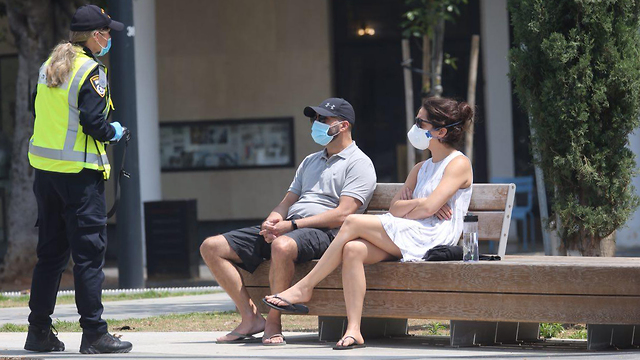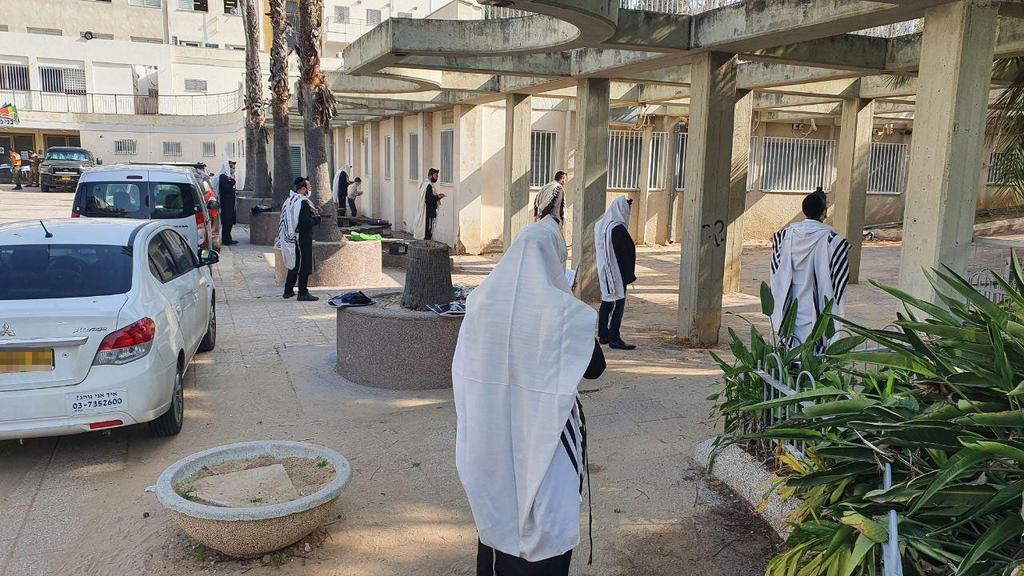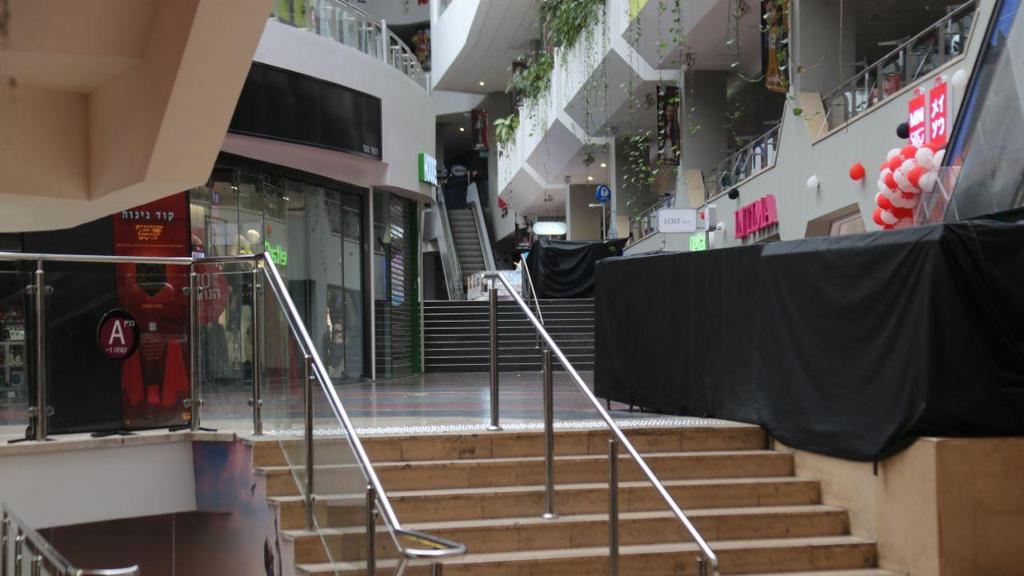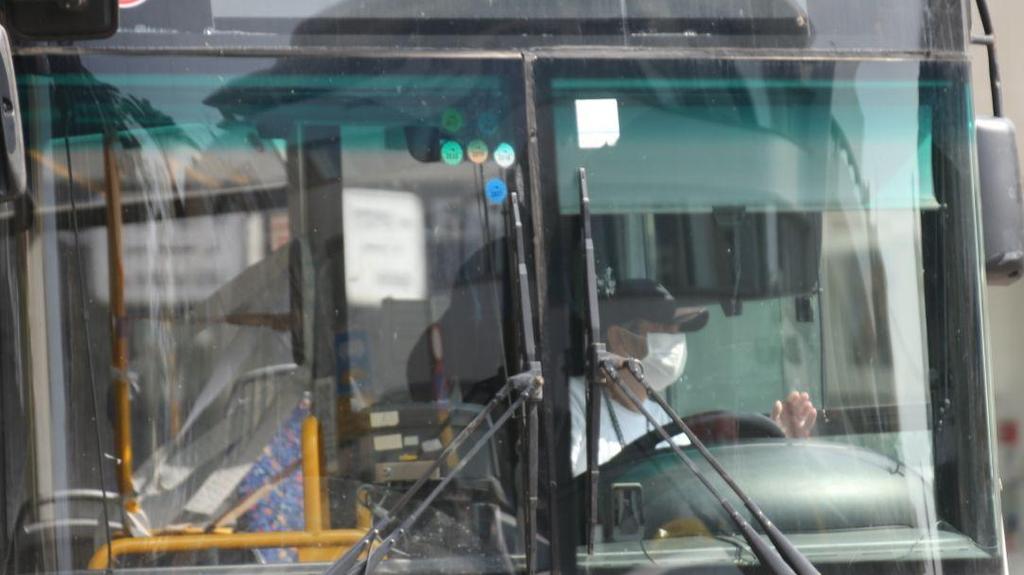The Cabinet on Sunday voted to approve some easing of restrictions imposed to fight the spread of coronavirus.
After an all-night conference call, ministers approved a gradual opening of the economy and an easing of some of the personal restrictions Israelis had been asked to observe.
People will be required to wear facial masks in public and will be fined NIS 200 shekels for failing to after being warned one time.
The cabinet's decisions include the release of some restrictions on religious worship and practice. Prayers will now be allowed in groups of 19 people that must be wearing facial masks, to be conducted outdoors and while maintaining a two-meter distance. These prayers can be held at a distance of up to 500 meters from homes and places of work.
At the request of Health Minister Yaakov Litzman, Mikveh, ritual baths will be opened and will allow up to three people in at a time.
Electrical appliance, computer and communication devices stores, office and home furnishing retailers, eyewear sellers, book shops, arts and crafts, office supplies, sporting goods, medical equipment, laundromats, clothing, and shoe repair stores will be opened as long as they are not situated inside shopping malls or in shopping centers with more than 15 shops on site.
Businesses will be required to maintain social distancing and limit the number of customers allowed inside at all times with service providers limited to four people or if the shop is smaller than 100 square meters, two people only with a partition between proprietors and customers in place. Shops will be asked to record the names of people entering their place of business and take people's temperature before allowing them to come in.
If any service provider is found to be infected with COVID-19, the shop will be closed by health authorities.
Customers will be allowed to collect goods from these businesses and deliveries will be permitted.
The cabinet approved increasing the number of employees allowed at any place of work from 15% to 30% of the workforce.
Businesses that have already been given a special permit to operate from the Health Ministry will be allowed to have more employees on-site in adherence of the requirements of their permit which include a dedicated manager for coronavirus restrictions, monitoring employee health and banning entry to anyone with a fever measuring more than 38 degrees C.
Customers will not be allowed into these premises at all.
No more than two people would be allowed to work in a 20 square meter room unless they are separated by a partition to prevent the spread of droplets.
There can be no more than eight people on shift or in a conference room at one time. with the same teams operating in the same space and using the same equipment must be kept constant.
No congregation would be allowed in dining rooms or kitchenettes.
People over the age of 67 would only be allowed to work from home and should a case of COVID-19 be found in the place of work, it will be closed by health authorities.
The prime minister instructed public transportation to increase its volume and work at 40-50% capacity, allowing people to board wearing facial masks. Window seats only would be available for use. Buses must mark standing room availability to prevent close contact between passengers.
Special education schools will be opened as of Tuesday, for groups of three students.
All other educational institutions will remain closed or conduct distance learning.
Child-care will be allowed in groups of three families with a caregiver.
No more than two people will be allowed to participate in sports while the activity will be restricted to 500 meters from home.
Netanyahu said on Saturday that the easing of restrictions will be re-evaluated in two weeks and should an increase in coronavirus cases be identified, the new measures would be reversed.
First published: 09:25, 04.19.20





